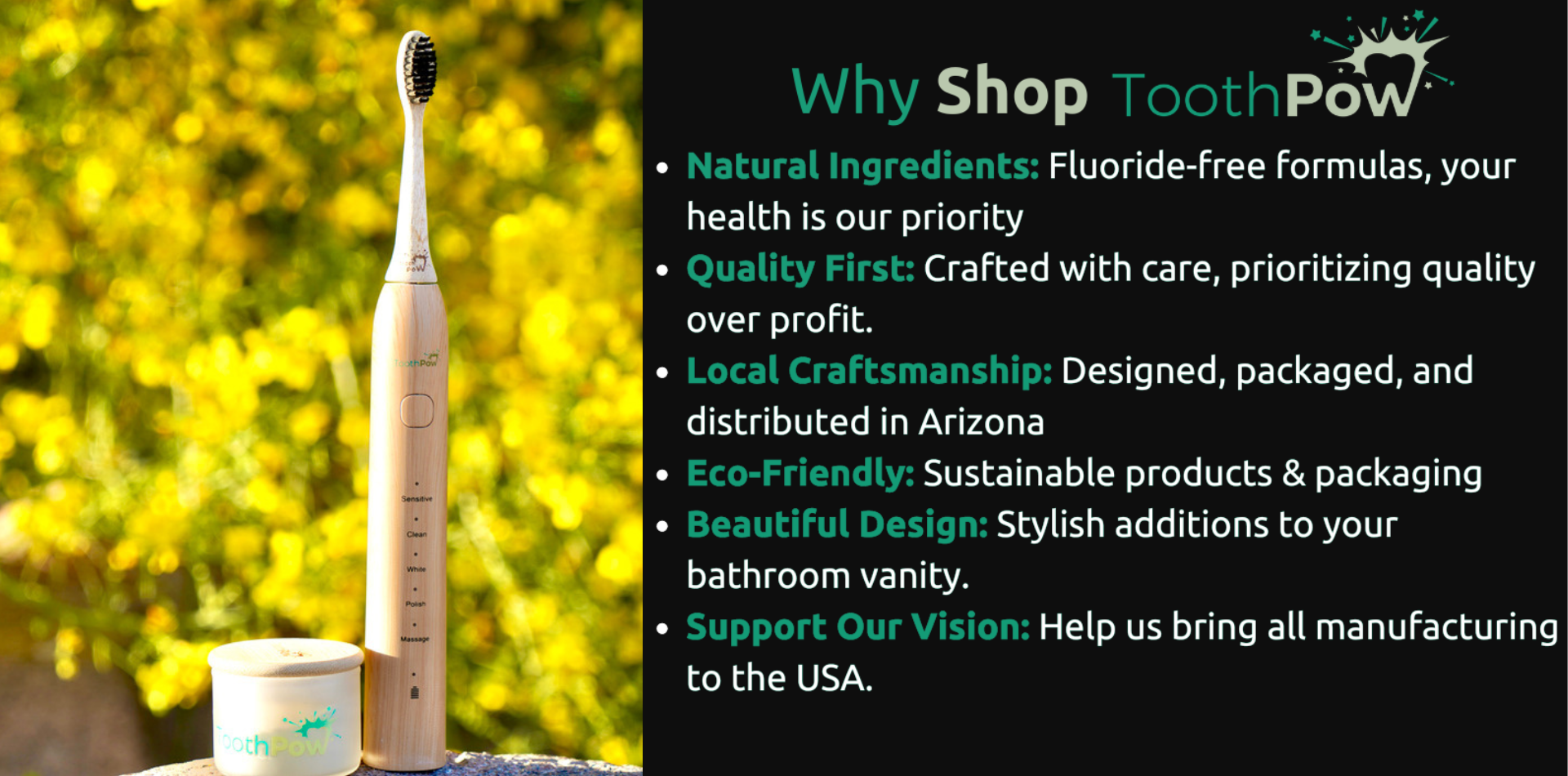Introduction
Sleep apnea and snoring are common sleep disorders that not only affect your quality of sleep but can also have significant implications for your oral health. Understanding the connection between these conditions and your dental health can help you take steps to mitigate their effects. This article explores how sleep apnea and snoring impact oral health and offers practical advice for managing these issues.
Understanding Sleep Apnea and Snoring
Sleep apnea is a serious sleep disorder characterized by repeated interruptions in breathing during sleep. The most common type, obstructive sleep apnea (OSA), occurs when the muscles in the throat relax excessively, blocking the airway. Snoring, a common symptom of sleep apnea, occurs when air flows past relaxed tissues in the throat, causing them to vibrate.
The Connection Between Sleep Apnea, Snoring, and Oral Health
Sleep apnea and snoring can have several adverse effects on your oral health. Here’s how:
Dry Mouth
People with sleep apnea often breathe through their mouths at night, leading to dry mouth (xerostomia). A lack of saliva can increase the risk of cavities, gum disease, and bad breath. Saliva is crucial for neutralizing acids and washing away food particles and bacteria.
Gum Disease
Dry mouth can create an environment where bacteria thrive, increasing the risk of gum disease (gingivitis and periodontitis). Additionally, the inflammation caused by repeated episodes of low oxygen levels during sleep can contribute to periodontal disease.
Teeth Grinding (Bruxism)
Bruxism, or teeth grinding, is often associated with sleep apnea. The stress and disrupted sleep patterns can lead to involuntary grinding of teeth, which can cause tooth wear, fractures, and jaw pain.
TMJ Disorders
The strain from bruxism and the misalignment of the jaw associated with sleep apnea can lead to temporomandibular joint (TMJ) disorders. Symptoms include jaw pain, headaches, and difficulty chewing.
Mouth Breathing and Oral Health
Chronic mouth breathing, common in sleep apnea sufferers, can lead to changes in oral pH, increasing the risk of tooth decay and erosion. It can also cause inflammation of the gums and the soft tissues in the mouth.

Managing Oral Health with Sleep Apnea and Snoring
Here are some strategies to help manage the oral health issues associated with sleep apnea and snoring:
Use of CPAP Machines
Continuous positive airway pressure (CPAP) machines are a common treatment for sleep apnea. These devices keep the airway open by providing a steady stream of air through a mask. While effective, CPAP machines can sometimes cause dry mouth. Using a heated humidifier with your CPAP can help alleviate this issue.
Dental Appliances
Oral appliances, such as mandibular advancement devices (MADs), can help reposition the jaw and keep the airway open during sleep. These devices can also reduce snoring and the severity of sleep apnea. Consult your dentist to determine if an oral appliance is right for you.
Good Oral Hygiene Practices
Maintaining good oral hygiene is crucial for preventing the dental issues associated with sleep apnea and snoring. Brush and floss regularly, use fluoride-free toothpaste like ToothPow to help strengthen enamel, and consider using a mouthwash to help keep your mouth moist.
Regular Dental Check-Ups
Regular visits to your dentist are essential for monitoring and managing any oral health issues related to sleep apnea and snoring. Your dentist can provide personalized advice and treatments to address these concerns.
Hydration
Stay hydrated throughout the day to combat dry mouth. Drinking plenty of water can help keep your mouth moist and reduce the risk of dental problems.
Treating Bruxism
If you grind your teeth, your dentist may recommend a night guard to protect your teeth from wear and damage. Night guards can also help alleviate TMJ symptoms by reducing the strain on your jaw.
Lifestyle Changes
Making lifestyle changes can also help manage sleep apnea and its impact on your oral health. These changes include losing weight, avoiding alcohol and sedatives before bedtime, and sleeping on your side instead of your back.
For more tips on managing oral health issues related to sleep apnea, visit the ToothPow blog.

The Benefits of Using ToothPow Products
Using the right oral care products can make a significant difference in managing the dental issues associated with sleep apnea and snoring:
ToothPow Toothpaste
ToothPow toothpaste is formulated with natural ingredients that help strengthen enamel and combat dry mouth. Its remineralizing properties can help protect your teeth from decay and erosion.
ToothPow Bamboo Sonic Brush
The ToothPow Bamboo Sonic Brush offers advanced cleaning technology that effectively removes plaque and food particles, promoting overall oral health.
Explore our range of products designed to support your oral health on the ToothPow product page.
Conclusion
Sleep apnea and snoring can have significant impacts on your oral health, but understanding these effects and taking proactive steps can help mitigate the damage. By maintaining good oral hygiene, using appropriate dental appliances, and making lifestyle changes, you can protect your teeth and gums from the adverse effects of these sleep disorders. Regular use of products like ToothPow toothpaste can also help strengthen your enamel and combat dry mouth, ensuring a healthier smile.

